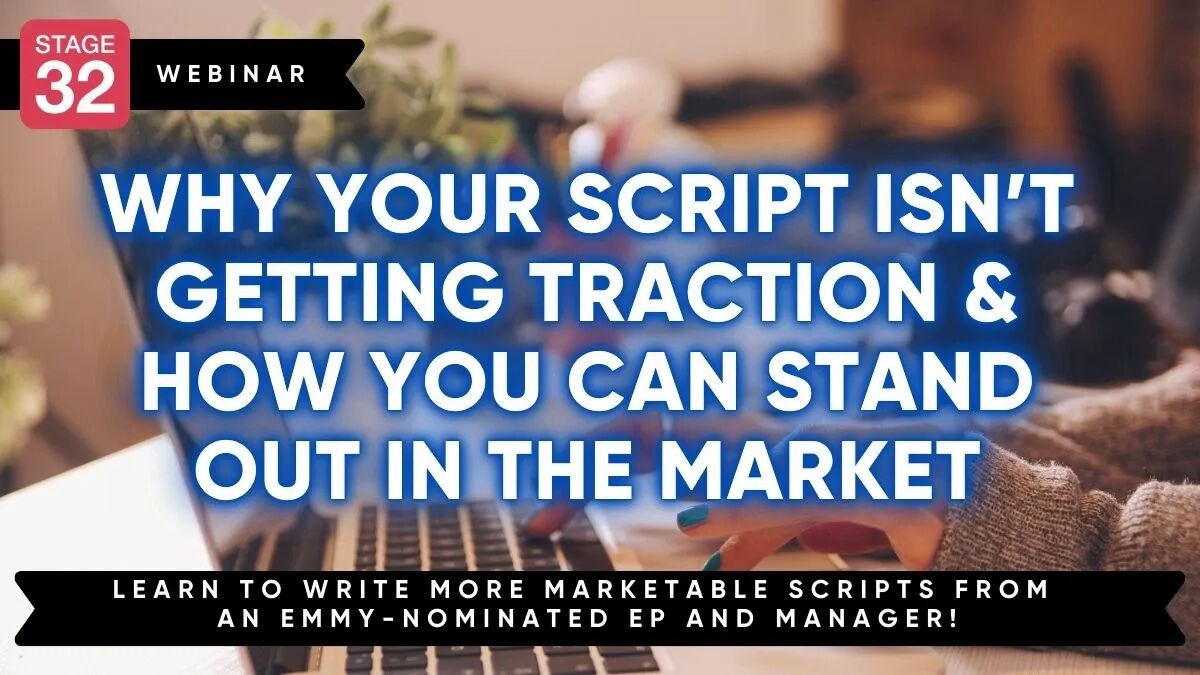Yes we are all both in varying degrees. We are visual story tellers. All noted.
But which way do you lean and why?
I am thematic. I look more into the themes of the stories I am telling. This has developed in me in the last few years. I was so visual originally. Now I go through in later passes and add the visual elements.



1 person likes this
Definitely thematic.. there is no point in having a visually stunning screenplay that doesn't adhere to some themes in order to contextualise the narrative. I do however have a mantra "in the name of cinema" I apply whenever I must compromise theme for a little wow. It's about striking a balance for me but I need my mantra to prioritise the cinematic or I wouldn't do it any justice.
2 people like this
They can be one and the same. But writers don't control many of the cinematic elements: color, type of film or video resolution used, camera, lenses, filters, editing. Many of those things have to wait for later.
Not all movies operate with themes. Many writers often state that they refuse to work with themes. Themes might show up in final critical analysis, but it wasn't necessarily a conscious decision for the writer.
The final production involves many people that might interpret the theme of the story based on what they read or from what the Director read, like the theme of loneliness, and then the various production people involved employ tools of their craft to represent that loneliness, but the screenwriter will tell you that it wasn't their intent - but they still might tell you that the final product looks like how they imagined it...
Visit my webpage at www.jimdanielsbook.com for latest book.
1 person likes this
Christopher Phillips I don’t think they can be. I think there is a blend. I am also not talking about production.
In my first script “The Valley” it was a post apocalyptic world, it is the start of winter, there is snow, physical struggles, combat, rivers, many many visual elements. The themes were light and secondary to the overall visual elements.
“Love, Money, Bombs” about to go up on Script Revolution is basically two guys in a car park with a barrel. The barrel contains a bomb or money. If they open it they get rich or die. The entire film is them talking about life and how they are going to make a choice. Themes, “are you will to die to guarantee a better life for a loved one”.
3 people like this
Read the screenplay Parasite and then go see the movie, and ask yourselves if you know how to film a neighborhood flood while making sure Actors and Crew don't drown or get hurt.
Writing screenplays on a page cost/risk nothing; it's just imagination. And then, there is the movie production which is something else.
1 person likes this
Dan MaxXx yes you are correct. Production is a different stage to writing. And I am talking a cinematic vision vs a thematic story telling ideal. Apollo13 was more cinematic vs any themes. On the other hand Hamlet who actually states the theme in a classic monologue.
Dan M brings up a valid, but sidebar point. There are very few (newer/upcoming) writers that even have a clue about what it takes to translate a script page to the silver screen - and I'm not sure that really matters all that much.
The underlying question is one that goes to theme. In my personal opinion, I break motion pictures into movies or films. Movies are those things you drop the kids off to while you go shopping or whatever. These 'popcorn flicks' generally have little/no thematic value - but they're easy to make and profitable. True films (the 'classics' all seem to revolve around some underlying or moral theme.
I lean toward the thematic side of the equation but I recognize the usefulness of the cinematic side.
Doug Nelson thanks Doug. Dan is correct. I have posted about this as well and was told that budget isn’t a writers job.
I found that as I mature as a writer I am finding that meaning is driving story. This has freed me from genre. If I want to look at the relationship between a father and a son I can do that in a Western or a Horror.
Craig D Griffiths producers expect writers to understand budgets in round figures. $3M. $15M. $100M. If a writer doesn't understand that they are putting down $200M worth of story and trying to shoehorn into studios that make $5M movies, producers will think the writer isn't professional.
As an example, if you're writing something for the SyFy channel, you have to know that they work with $1M to $2M budgets.
1 person likes this
I'm thematic. I love great cinematography, but story is always first. Also, I'm writing with a low budget mindset. This pulls me away from some concepts,
2 people like this
Christopher Phillips yes you are correct. I have posted about this previously. I have also posted that a writer making seemingly small choices can influence a budget hugely.
But this will attract a small group that will say “that is a producer’s job. A writer’s only job is to write”.
I believe everything is your job until it isn’t. Think of lens selection (if you know enough about cameras), lighting, staging, shots. All this will
make you a better writer and understand budgets.
But this question is definitely a craft question.
1 person likes this
I think writers that say not to worry about the budget are out of touch. As soon as you pitch a concept to a producer, the next question is “what’s the budget...” It doesn’t have to be detailed, just ballpark. And the data is very available, so no excuses.
1 person likes this
Christopher Phillips you'll hear comments like “That’s not the writer’s job” all the time here. I always find them amusing.
I focus on visuals. If I can’t tell my story in a visually-striking manner, I’m not really writing for a movie.
Stephen Floyd thanks. That is interesting.